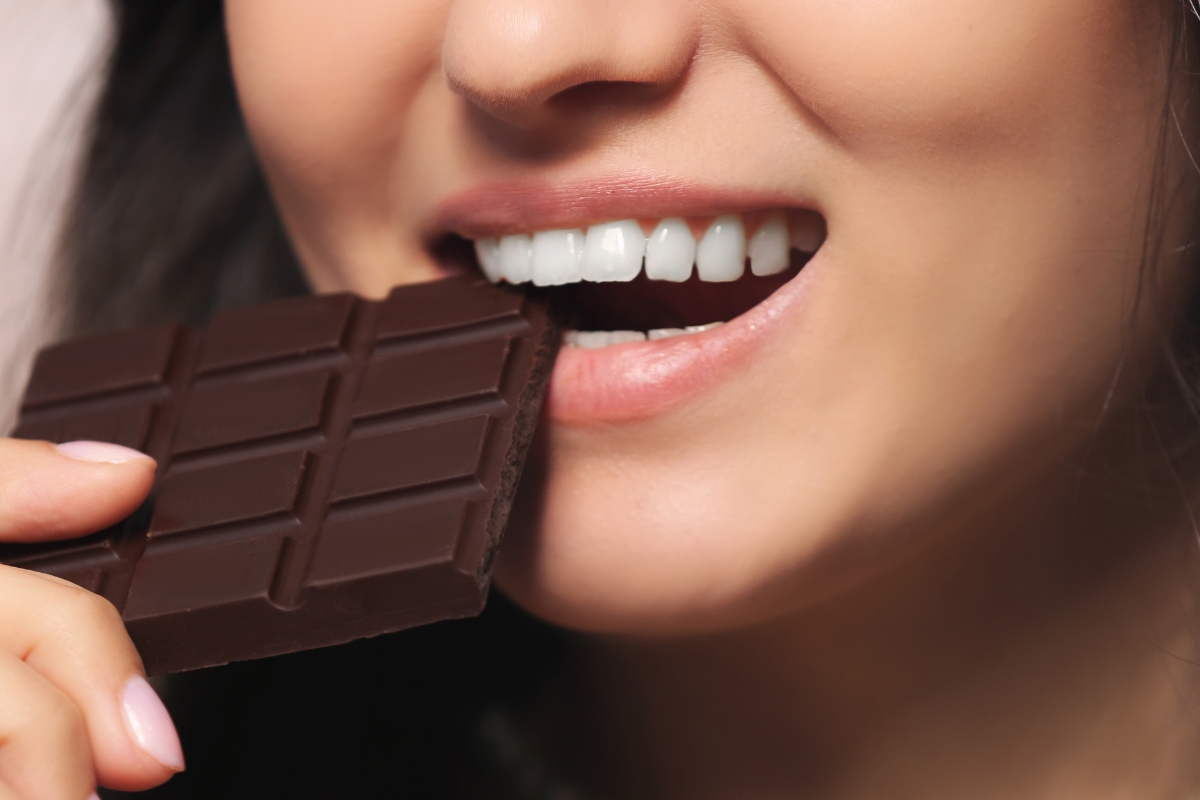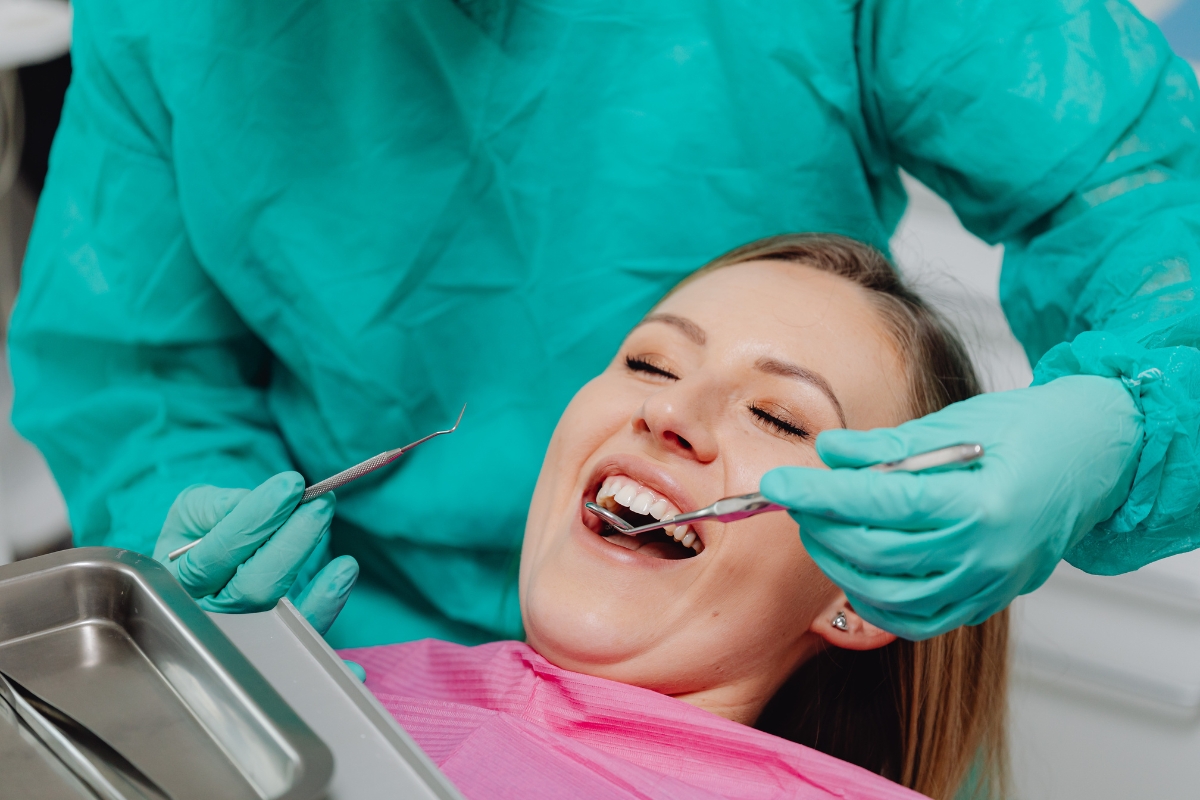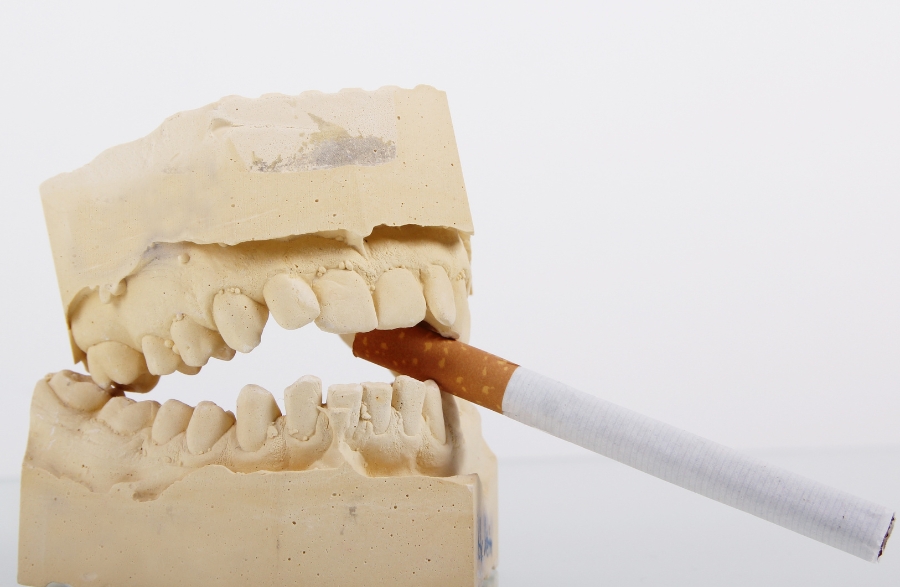
Chocolate is a beloved treat enjoyed by many around the world. Its rich flavor and comforting texture make it a popular choice for a sweet indulgence. However, when it comes to dental health, there’s often concern regarding the effects of chocolate on our teeth. This blog explores whether is it ok to eat chocolate every day for teeth, what types of chocolate are more beneficial or harmful, and how to enjoy chocolate while maintaining good oral hygiene.
Chocolate and Its Components
Chocolate is made from cacao beans, which undergo several processes before being transformed into the sweet treat we enjoy. The primary ingredients in chocolate include:
- Cocoa solids: These provide flavor and color and are high in antioxidants.
- Sugar: Most chocolates contain added sugars, which can contribute to tooth decay.
- Fats: Cocoa butter is the fat found in chocolate, which gives it a creamy texture.
- Milk: In milk chocolate, milk powder is added, which alters its nutritional profile.
The balance of these ingredients can significantly affect how chocolate impacts our dental health.
Effects of Chocolate on Teeth
Sugar Content
One of the most significant concerns regarding chocolate consumption is its sugar content. Sugar is a primary contributor to tooth decay. When sugar is consumed, it interacts with bacteria in the mouth, producing acids that can erode tooth enamel and lead to cavities.
However, not all chocolates are created equal. Dark chocolate, for example, tends to have a lower sugar content compared to milk chocolate, making it a potentially better option for dental health.
Types of Chocolate
When evaluating whether it is okay to eat chocolate every day for your teeth, it’s essential to distinguish between the different types of chocolate:
- Dark Chocolate: Typically characterized by a higher cocoa content and lower sugar levels, dark chocolate is often regarded as the healthier choice. It is rich in flavonoids, which possess antioxidant properties that may be beneficial for oral health.
- Milk Chocolate: This variety contains more sugar and fat, which can contribute to tooth decay if consumed in excess.
- White Chocolate: Technically not classified as chocolate since it lacks cocoa solids, white chocolate is primarily composed of sugar and fat, making it the least favorable option for maintaining dental health.
Acidity Levels
Chocolate’s acidity can also influence dental health. Foods and beverages with high acidity can weaken tooth enamel. Dark chocolate generally has a lower acidity compared to some other treats, but it’s essential to consume it in moderation.
Potential Benefits of Chocolate for Dental Health
Interestingly, some studies suggest that certain components of chocolate may have benefits for oral health:
- Antioxidants: Dark chocolate is rich in antioxidants, which can help reduce inflammation and protect against damage from free radicals.
- Anti-bacterial Properties: Some compounds in cocoa can inhibit the growth of bacteria that cause cavities and gum disease.
- Mineral Content: Chocolate contains minerals like magnesium and calcium, which are beneficial for overall health.
These benefits suggest that enjoying dark chocolate in moderation could be part of a balanced diet without significantly harming dental health.
Tips for Eating Chocolate Responsibly
If you’re wondering whether it is okay to eat chocolate every day for your teeth, here are some practical tips to enjoy chocolate while safeguarding your dental health:
- Choose Dark Chocolate: Opt for dark chocolate with a high cocoa content (70% or more) and lower sugar levels. This selection offers more health benefits with a reduced risk of tooth decay.
- Practice Good Oral Hygiene: Maintain a consistent oral care routine by brushing your teeth twice a day and flossing daily. This practice helps eliminate any sugar residue left behind by chocolate.
- Limit Portion Sizes: Moderation is key. Aim to limit your chocolate consumption to small portions and avoid excessive snacking throughout the day.
- Rinse with Water: After enjoying chocolate, rinse your mouth with water to help wash away any sugar and reduce acidity.
- Avoid Chewy Candies: Chewy chocolates or candies tend to cling to teeth, increasing the risk of decay. Choose chocolates that dissolve more quickly in your mouth to minimize this risk.
While there are valid concerns about the impact of chocolate on dental health, it is possible to enjoy chocolate responsibly. The answer to whether it is okay to eat chocolate every day for your teeth largely depends on the type of chocolate consumed and your oral hygiene practices. By choosing dark chocolate in moderation and maintaining a good oral care routine, chocolate lovers can indulge their sweet tooth without significantly compromising their dental health. Always consult your dentist if you have specific concerns regarding your diet and its effects on your teeth.


